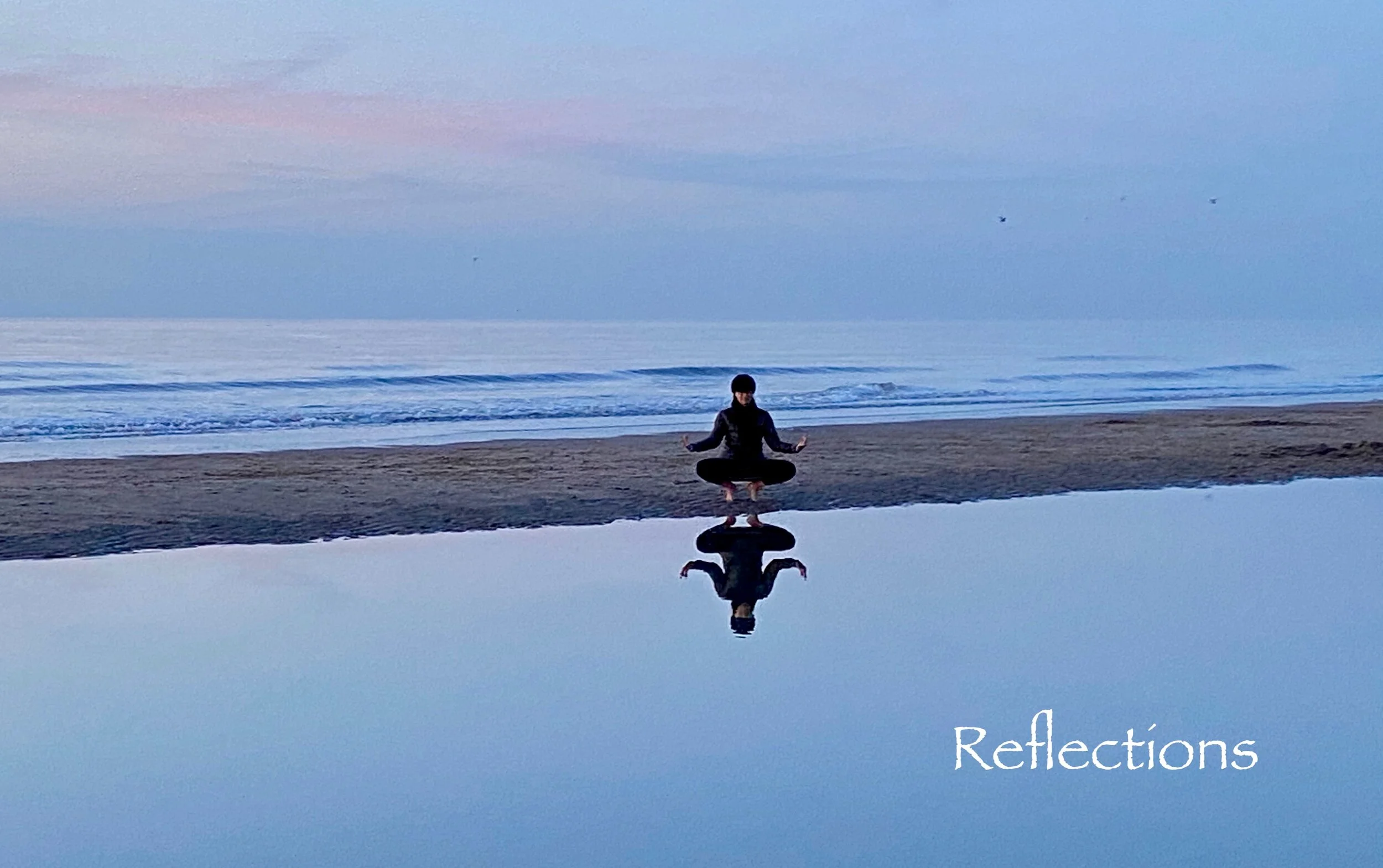Once again we meet the pivot of the dark moon. What in you, in your life, is dying? What is emerging new? What in the world as we know it is dying? What is emerging renewed? What is scaring you? What is inspiring you? What is naturally being shed like an old skin, and what is spiraling in you that will animate this next phase in your mission as a human?
Paying attention to cycles and seasons can anchor us into the reliability and inevitability of birth and death, creation and destruction. One cannot exist without the other. In a way, being part of this wildly alive and oscillating matrix of living and dying can be reassuring, even exciting; on the other hand, it can be – and often is – terrifying. And painful. Being alive inherently implores a ritual process of letting go, as in the bleeding phase of the menstrual cycle, a snake shedding its skin, a tree releasing its leaves to ground-covering compost in the fall, or the death of a beloved elder. Coming to terms with the impermanence of everything and everyone around us can be painful; coming to terms with the impermanence of who we are (or, perhaps more accurately, who we think we are) can also be disorienting. Yet such transitions are inevitable.
Thus, the reassuring cliché “this too shall pass.”
While dark moons offer us a cyclical encounter with the process of death, new moons and the springtime usher in divinely inspired opportunities for re-birth and growth. Yes, divinely inspired.
When spring is in the air, the forces of nature are more easily harnessed and available for our growing momentum; for the growth of our gardens, our psyches, our life’s work – our healing. For our part, the wisdom and discipline is to notice, to drop in; to be keen listeners and observers, to feel it and to go for it – whatever “it” means for you. Each of us a tiny cell in the intricate web of everything, there are gazillions of other cells counting on us to do our unique and creative thing – to keep our shine on and to connect with the shine in all the other little cells; to do our part, keep our temple clean and healthy, and hold hands with the others in solidarity.
This body that we inhabit, this vessel – this temple - is ours to steward, heal, and experience life – and death – with and through. This body, sovereign and whole in its own right, infused with the mystery as well as the capacity for logic and free will, is beckoning for our love and attention on this day of the dark moon.
Dark moons are for letting go – even if for just an hour – into quietude and deep listening. Springtime is an invitation to embody the creatrix – with our imaginations, our hands, our inner knowing.
Kali, Hindu Goddess of Destruction and Rebirth
By you this universe is born, by you this world is created.
By you it is protected, O Devi. By you it is consumed at the end.
You who are eternally the form of the whole world,
at the time of creation you are the form of the creative force,
at the time of preservation you are the form of the protective power,
and at the time of dissolution of the world you are the form of the destructive power.
-Devi-Mahatmaya
What in you is dying? Is there something in you, in your life, that needs to be destroyed, or cast out?
Relieved now of decaying tissue, the weight of past experiences and thought patterns, what in you is shining forth, renewed and refortified?
Embody courage. The world is ready.
References:
The Heart of the Goddess; Art, Myth and Meditations of the World’s Sacred Feminine, by Hallie Iglehart Austen
Kali Rising; Foundational Principles of Tantra for a Transforming Planet, by Rudolph Ballentine




